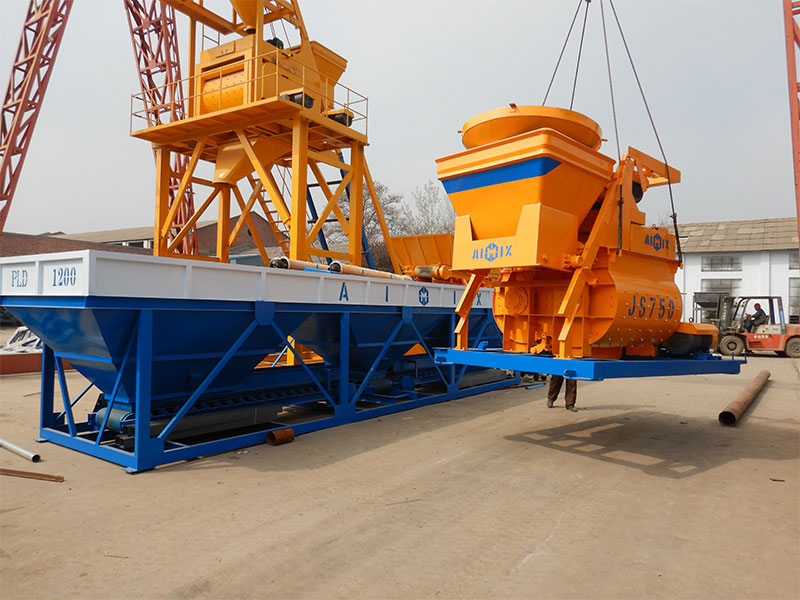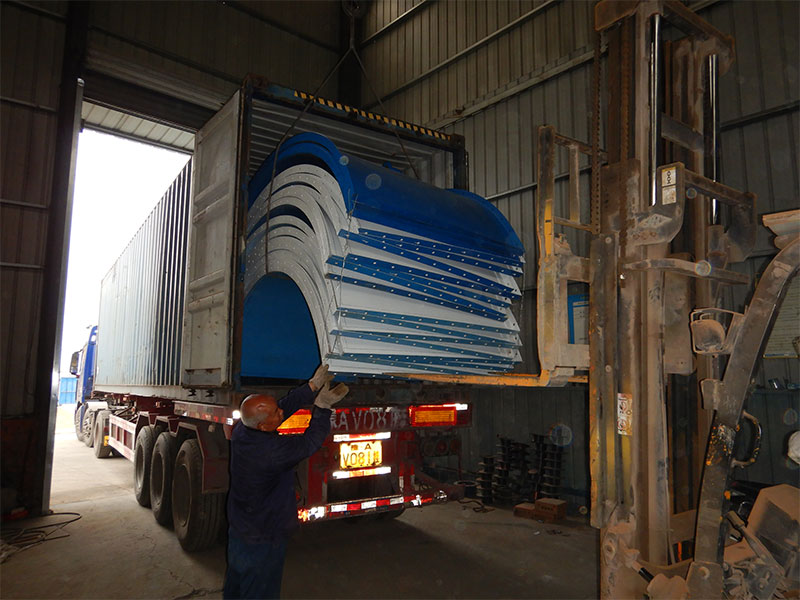Mini concrete plants have emerged as efficient and flexible solutions for construction projects of varying scales. These compact batching plants offer several advantages, including improved efficiency, enhanced flexibility, and reduced operational costs.
Enhanced Efficiency through Compact Design
Mini concrete plants are designed with efficiency in mind. Their compact size allows for easy installation and operation, requiring minimal space and infrastructure. These mobile batching plants Indonesia are equipped with modern batching technology and control systems, ensuring accurate measurement and proportioning of ingredients. The streamlined production process, coupled with precise control, minimizes material waste, optimizes resource utilization, and reduces overall production costs. By eliminating the need for transporting ready-mix concrete from external suppliers, mini concrete plants also improve efficiency by reducing logistical complexities and delays.

Flexibility to Meet Diverse Project Requirements
Flexibility is a key advantage of mini concrete plants. These plants are highly versatile and can be easily transported and set up at various project sites. Their small footprint allows them to fit into constrained spaces, making them suitable for urban areas and projects with limited access. Mini batching plants Indonesia offer the flexibility to adjust production capacity based on project requirements. Contractors can produce the exact amount of concrete needed, minimizing waste and optimizing resource allocation. The plants can also accommodate different types of concrete mixes, allowing for versatility in construction applications. Whether it’s a small residential project or a temporary construction site, mini concrete plants provide the flexibility to adapt to diverse project needs.

Improved Time Management and Project Efficiency
Mini concrete plants contribute to improved time management and project efficiency. By producing concrete on-site, contractors can eliminate delays caused by waiting for ready-mix concrete deliveries. The ability to adjust production capacity and quickly switch between different mix designs enables contractors to respond promptly to changing project requirements. This agility reduces downtime and accelerates construction timelines. Furthermore, pabrik beton can be easily relocated within a project site, reducing material transportation distances and streamlining workflow. These plants also facilitate better coordination between concrete production and other construction activities, enhancing overall project efficiency.
Cost Savings and Operational Optimization
Mini concrete plants offer significant cost savings and operational optimization opportunities. Their compact design and lower production capacity result in reduced initial investment costs compared to larger batching plants. The elimination of transportation costs associated with ready-mix concrete delivery further contributes to cost savings. Additionally, mini concrete plants enable better control over material usage, reducing waste and optimizing resource utilization. The precise batching systems and advanced control technologies ensure accurate proportioning of ingredients, resulting in cost-efficient concrete production. With their efficient operation and streamlined workflow, mini concrete plants help contractors maximize productivity, reduce labor requirements, and minimize operational expenses.
Environmental Sustainability and Reduced Carbon Footprint
Mini concrete plants align with sustainable construction practices by reducing carbon emissions and environmental impact. The on-site production of concrete eliminates the need for long-distance transportation of ready-mix concrete, reducing fuel consumption and associated greenhouse gas emissions. Furthermore, mini concrete plants enable better control over the sourcing of materials, promoting the use of locally available aggregates and minimizing the ecological impact of material extraction. The precise control over the batching process ensures optimal resource utilization and minimizes material waste. By adopting harga batching plant baru, contractors contribute to a greener construction industry and demonstrate their commitment to environmental sustainability.
Conclusion
Mini concrete plants unlock efficiency and flexibility in construction projects by offering compact design, adaptability, and improved operational processes